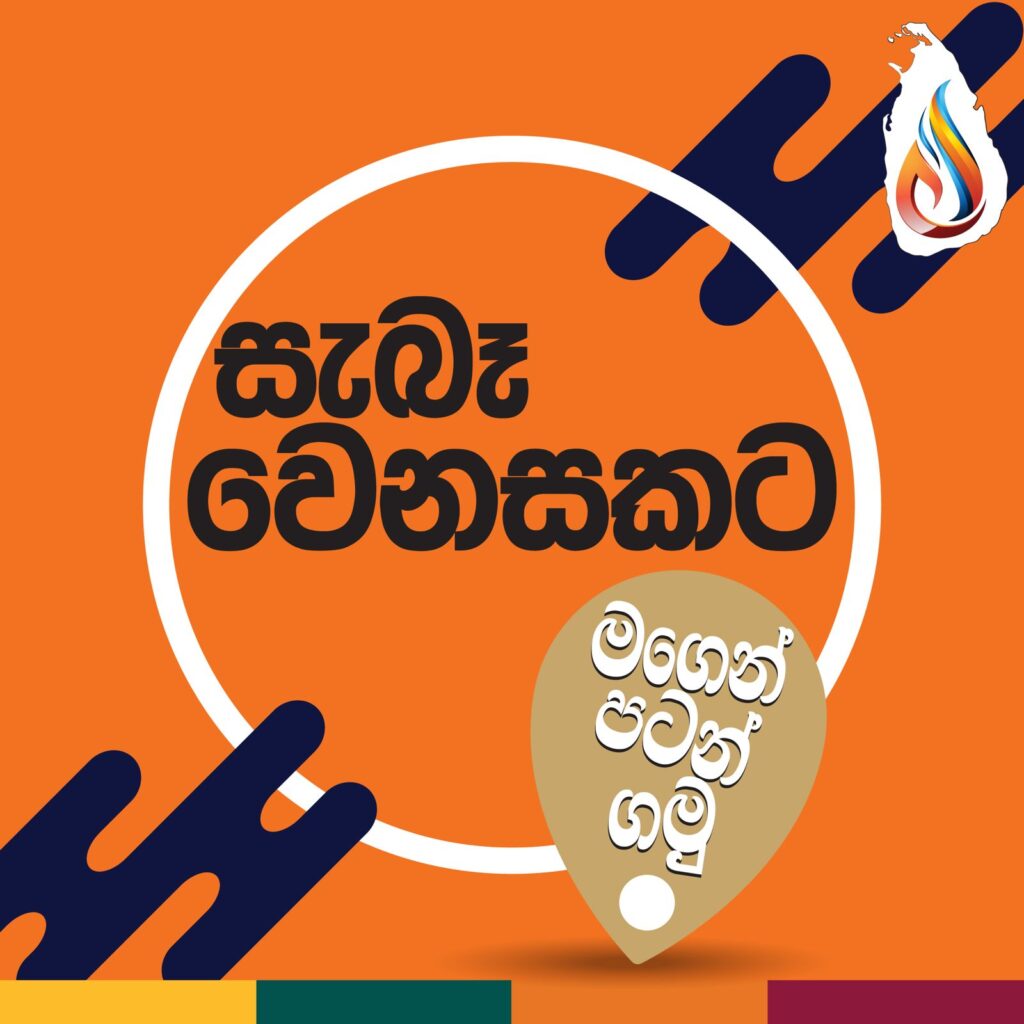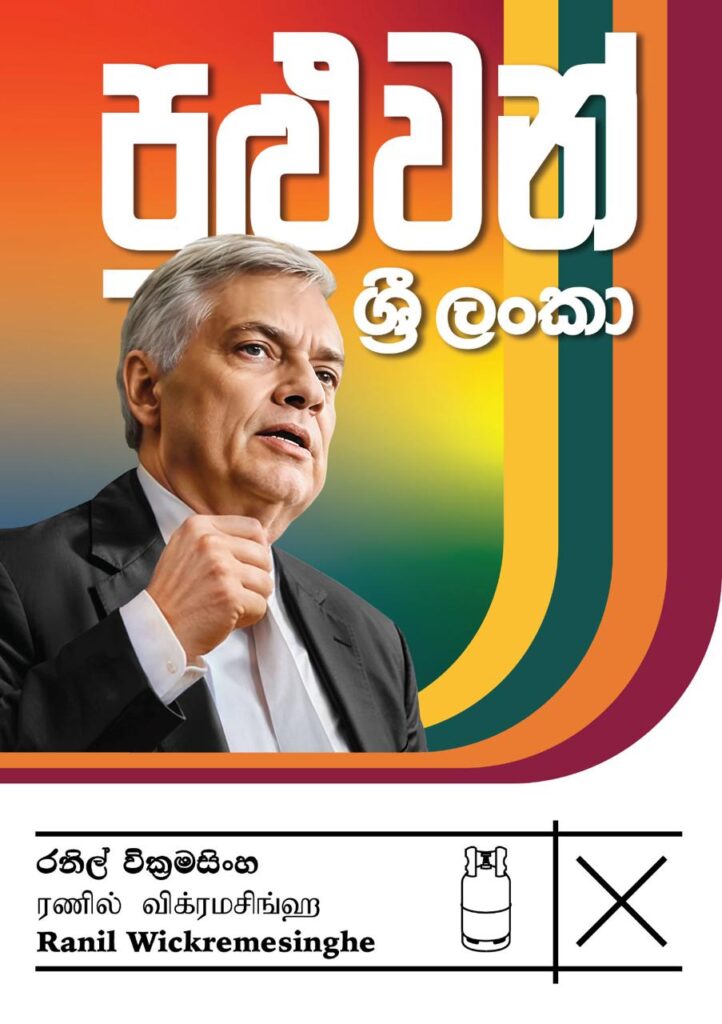August 29, Colombo (LNW): Manjula Gajanayake, Executive Director of the Institute for Democratic Reforms and Electoral Studies (IRES), has raised significant concerns regarding three presidential candidates who have submitted nominations but remain unaccounted for ahead of the upcoming election.
During a discussion on Ada Derana’s “Big Focus,” Gajanayake highlighted troubling issues surrounding the organisation and transparency of the election process.
Gajanayake revealed that 39 candidates initially entered the presidential race, but one has since passed away.
He expressed concern over the absence of an official replacement for the deceased candidate, noting that a well-organised process would have provided for such a contingency.
“The failure to name a replacement reflects a lack of planning and transparency,” he remarked, criticising the apparent lack of a backup plan.
Beyond the issue of the deceased candidate, Gajanayake pointed out alarming discrepancies among the remaining 38 candidates. He stated that only 15 of these candidates have organised any form of public engagement, such as meetings.
The remaining 23 candidates have not even held a small gathering of supporters. “I can confidently say that only 15 candidates have bothered to organise even a pocket meeting,” he asserted.
Further investigation by IRES revealed that some candidates’ contact information provided to the Election Commission was either incorrect or non-functional.
“Two phone numbers were wrong, and one candidate simply hung up when contacted,” Gajanayake explained. This raises serious concerns about the credibility and seriousness of some candidates.
Moreover, Gajanayake disclosed that five of these 23 candidates do not have any presence on social media, particularly on Facebook, which is crucial for modern campaigning.
He also noted that at least three candidates have made no public statements about their candidacy, despite signing nomination papers and paying the required deposits.
This lack of visibility and communication further clouds the legitimacy of their participation in the election.
Gajanayake expressed frustration over the difficulties encountered in obtaining even the most basic information about these candidates.
He revealed that efforts to upload passport-sized photographs of all candidates on the IRES website were thwarted, as it proved impossible to secure images for 24 of the 39 candidates.
“This level of opacity is deeply concerning and undermines the integrity of the electoral process,” he concluded.



